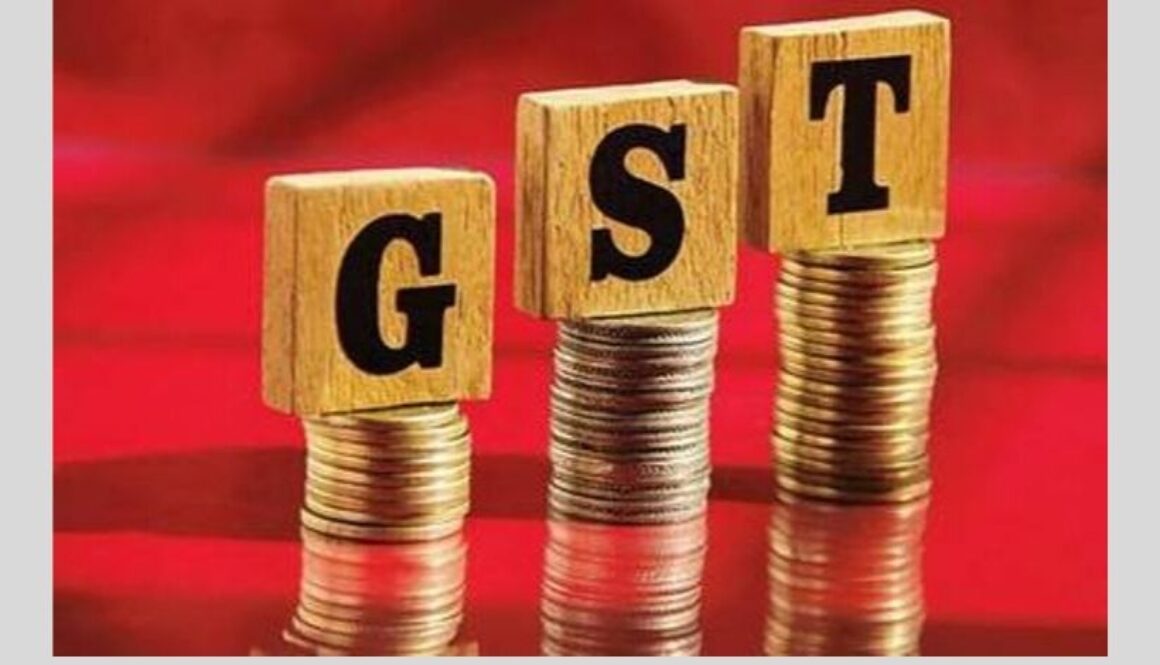CFOs and GST: A Balancing Act
Till the time all the required software and processes are mastered, it will be a challenge for them to run the company effectively in a top-down manner.
Chief Financial Officers (CFOs) are conventionally responsible for maintaining the financial well-being of a company, stakeholder management, investor relationships, and expectations of the market. However, this role has evolved and become more nuanced over the years. Today they must function at the delicate intersection of technology and finance which includes managing investor relations while maintaining a balance between tax compliance, profit-making, and corporate governance. With changing roles, the adaptability of CFOs is being challenged, tested including efficient handling of the Goods and Services Tax (GST) compliance and its associated issues.
CFOs must be more careful about timely uploading GST invoices; else the company will suffer a loss by way of penalties imposed by the tax authorities and experience blocked working capital. Non-compliances in GST is now attracting severe penalties, fiscal and criminal, never before imposed by the GST authorities. One way is to focus on cloud-based solutions, which will also help in bringing out a single source of information instead of a fragmented one. While this sounds like a simple solution and can ease bulk GST uploading, getting the entire workforce in line to keep documents up to date is a challenging task. Also, GST is a newer concept, that requires digital filings as compared to the age-old taxation system in India. This comes at a time when the focus is on tax optimization in companies and not just tax compliance. To carry out this task effectively, CFOs need appropriate trained staff and tools. Till the time all the required software and processes are mastered, it will be a challenge for them to run the company effectively in a top-down manner. Owing to this confusion, company leaders are getting arrested due to known or unknown frauds. In Mumbai Zone alone, 730 cases of tax evasion, amounting to INR 6380 cr are reported under sections 132 (1)(b) and 132 (1)(c) of the CGST Act. Following these charges, a lot of senior personnel were being taken into custody.
Adding to the woes of finance giants in companies is the ever-fluctuating GST rate, be it positive or negative, which have to be carefully tracked and monitored. Not only does this increase the chances of alleged fraud and/or willful evasion, but also poses a tight rope situation where the CFO must balance out between his or her primary duties and government compliance. Now, not only is the role compliance-related, but also one of predictive nature, where future financial impact is also to be predicted. All this, while keeping a hawk’s eye on the evolving GST regime. The new year saw restrictions in GST filing requirements getting tighter with time, removing provisional tax input means businesses must reconcile invoices frequently.
Non-compliance will hit the company image and profits directly which is a peril for the role of a CFO. This adds to unprecedented stress on CFOs, as they must ensure the company does not go to the other side of the law. Also, they now must work closely with the company’s Chief Information Officers (CIOs) to figure out managing, training its employees, handling data security and cybersecurity across the board. CFOs are also experiencing Ransomware hits to their company and even though these events are not revealed in the market but some of the big names in the Indian industry had suffered it. This will ask for more effective coordination across company verticals, senior management and CFOs will have to take the frontal role here.

